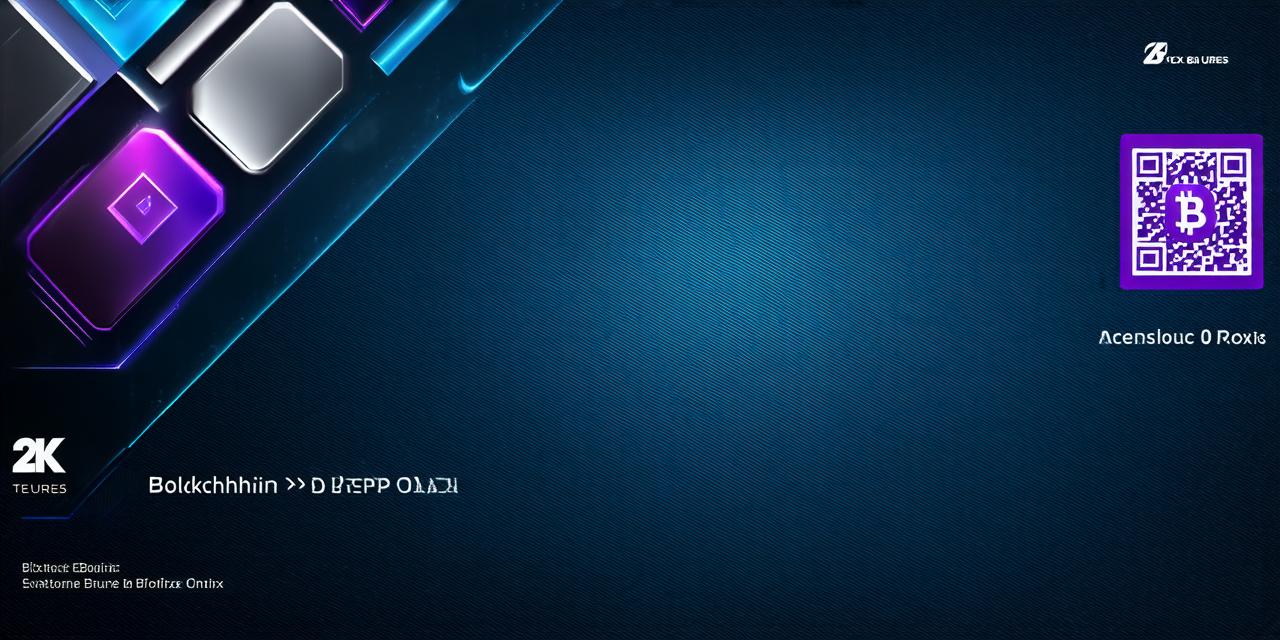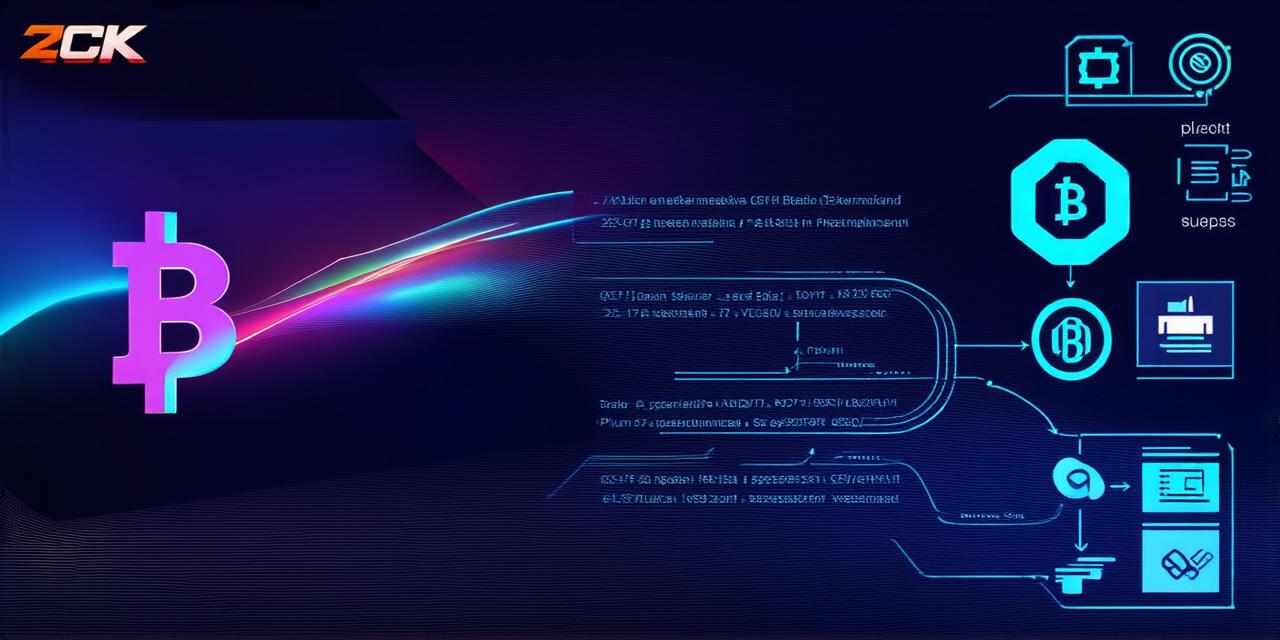Blockchain: The Basics
Before we dive into how blockchain can help track royalty fees, it’s important to understand what blockchain is. At its core, blockchain is a decentralized digital ledger that records transactions in a secure and transparent manner. Each block of data on the blockchain contains a record of multiple transactions, and these blocks are linked together using cryptography. This creates an immutable and tamper-proof record of all transactions that have taken place on the network.
The Benefits of Blockchain for Royalty Tracking
One of the key benefits of using blockchain for royalty tracking is transparency. With traditional methods, it can be difficult to track where royalties are going and who is receiving them. This often leads to disputes and confusion. By using a blockchain-based system, all transactions are recorded on a public ledger that is accessible to anyone on the network. This means that artists and labels can see exactly where their royalties are going and who is receiving them.
Another benefit of using blockchain for royalty tracking is efficiency. With traditional methods, it can take weeks or even months to process a royalty payment. By using a blockchain-based system, payments can be processed in real-time, which saves time and reduces the risk of errors.
Case Studies: Real-Life Examples of Blockchain in Action
There are many examples of how blockchain is being used to track royalty fees in the music industry. One such example is the use of blockchain by the music streaming platform, Audius. Audius uses a decentralized autonomous organization (DAO) to manage its royalty payments. The DAO is run by a community of stakeholders who vote on how royalties should be distributed. This ensures that artists and labels receive fair compensation for their work.
Another example is the use of blockchain by the music streaming platform, Bitmusic. Bitmusic uses a smart contract to manage its royalty payments. The smart contract automatically calculates and distributes royalties based on predetermined rules. This eliminates the need for intermediaries and ensures that artists and labels receive their compensation in a timely and efficient manner.

The Future of Blockchain in Royalty Tracking
The use of blockchain in royalty tracking is still in its early stages, but it has already shown significant potential. As the technology continues to evolve, we can expect to see more and more artists and labels using blockchain-based systems to manage their royalties. This will not only improve transparency and efficiency, but it will also help to reduce fraud and ensure that artists and labels receive the compensation they deserve.
FAQs: Frequently Asked Questions about Blockchain in Royalty Tracking
1. What is blockchain?
Blockchain is a decentralized digital ledger that records transactions in a secure and transparent manner. Each block of data on the blockchain contains a record of multiple transactions, and these blocks are linked together using cryptography. This creates an immutable and tamper-proof record of all transactions that have taken place on the network.
2. How does blockchain help track royalty fees?
Blockchain provides transparency, efficiency, and security when it comes to tracking royalty fees. By using a blockchain-based system, all transactions are recorded on a public ledger that is accessible to anyone on the network. This means that artists and labels can see exactly where their royalties are going and who is receiving them.



